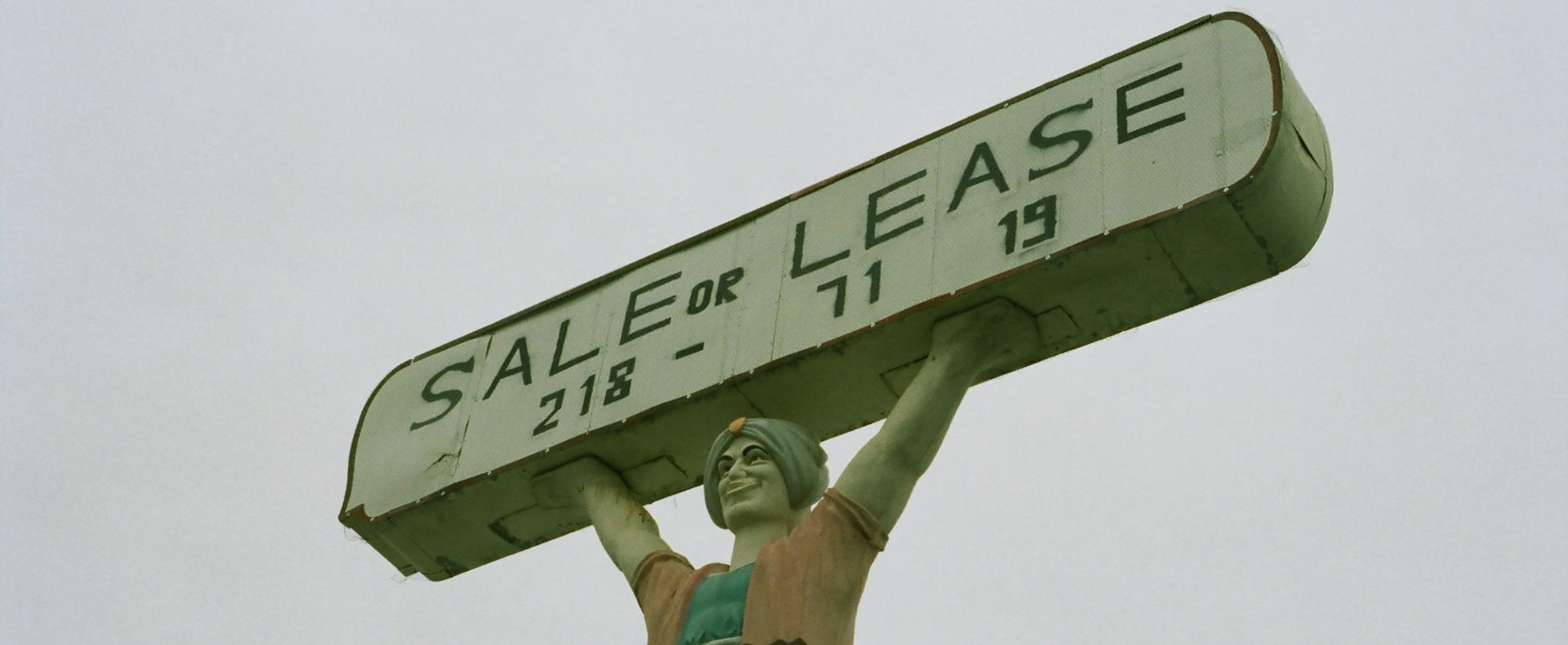Leasehold Ownership Explained

Leasehold is a long term lease, which is often used in Thailand as a framework for purchase of land, landed properties and, in some cases, condominium units.
The necessity of leasehold stems from the fact that foreigners in Thailand cannot own land directly. So in order to buy land or a landed property (house, townhome or villa), the buyer will need to either lease it, or buy it under Thai company name (not everybody is a director of a Thai company and setting up a new one is not always practical).
Thai law limits the maximum duration of property lease to 30 years. Leasehold contracts generally include a clause that allows for an unconditional extension of the lease, normally for 2 times 30 years each, increasing overall leasehold duration to 90 years.
Leasehold contracts also ordinarily include clauses that allow for:
- Converting leasehold into freehold (this enables the buyer to convert to freehold ownership if the laws in the future change to allow it, or to resale to Thai buyer as a freehold property)
- Reassignment of lease (this allows the buyer to, effectively, ‘resell’ the property, with the lessor obligating to sign a new lease with a new buyer)
- Provisions for transfer of the lease to heirs in case of the death of the buyer.
Note that in cases 2 and 3 the lease restarts for the new lessor (i.e. if the buyer of a villa purchased under leasehold resells it to a new buyer after 15 years (so with 15 years remaining in the first 30 year lease period and 75 years remaining in 90 years total lease anyway), for the new buyer the lease will start from year 0, with 90 years still ahead.
👉 SUNWAY says: When it comes to leasehold there is an important distinction to be made between land plots or units in the project being sold under leasehold and the entire project being built on leasehold land. In the former case, the duration of lease is only limited by legal caps of the lease period; and if the property is keep being resold it can remain in leasehold indefinitely. The latter case (project built is on leased land) can be encountered mainly in Bangkok, where many central land plots are owned by Crown Property Bureau. The Bureau as a rule doesn’t sell their plots, opting for long term leases. So it’s not uncommon for luxury properties in Bangkok to be built on leased land. In this case, there is an upper limit on any leasehold purchase of a unit within a project. If, let’s say a project is being built on a plot that the developer leased until year 2090, then neither you, nor subsequent buyers will be able to get full 90 years worth of lease, with lease expiring at a hard date in 2090.
Apart from the purchase of land (which isn’t possible under direct freehold), leasehold has gained traction for buying condominium units as well. Normally it’s done in order to sell units to foreign buyers in excess of 49% foreign quota.